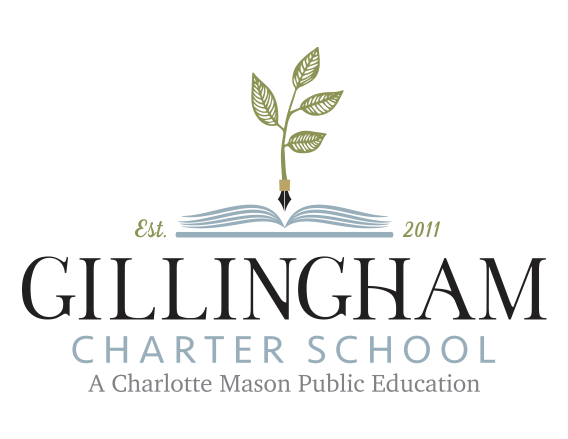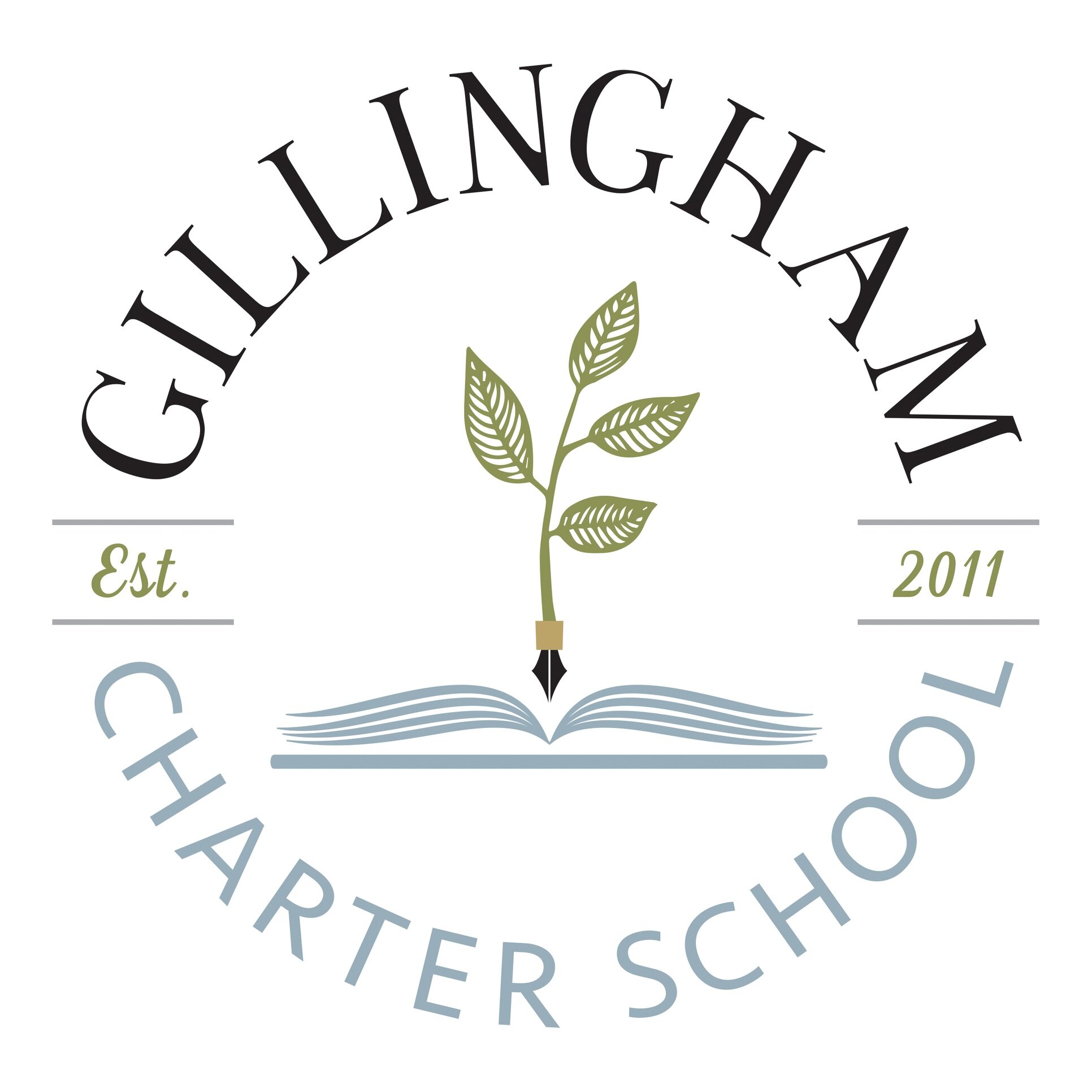Gillingham's Daily Practices
According to Charlotte Mason, “Education is an atmosphere, a discipline, and a life…. and the science of relations.”
These are the tools that relational educators use to respectfully educate persons rather than relying upon rewards and punishment, grades, dry textbooks, worksheets, memorization, true & false tests, and lectures.
Every Day We Integrate
Living Ideas, Living Books, and Living Things
We read the best, well-written books full of inspiring and engaging (thus living) ideas that are rich in vocabulary. Traditional textbooks, dry facts, and books that are “busy” with too many pictures are avoided. All students act, experiment, read the classics, sing, read and act Shakespeare, speak Spanish or Latin, paint, walk in nature, dance, type, garden, eat outside, and read orally. Students write narrations, play instruments, and do chores in their classrooms and around the schoolhouse. Upper school students compete in a sport and complete an internship program to graduate.
Every Day We Practice
Intentional Recognition
We recognize students’ positives actions and choices.
A simple statement like, “I see Jane focusing,” goes a long way with kids. We want to energize positive choices. We constantly recognize all that they are doing that is right, healthy, and life-giving. We don’t want to energize negative choices. Poor choices result in simple resets. If their poor choices affect others, then students have natural consequences and are taught how to fix their broken relationships.
Academic Practices:
How We Apply Our Values in Real Life
Narrations, Student Talk, and Grand Conversations
To “know,” persons need to tell back. It’s not enough to just hear something or to read it. We need to use language to actually know something. Thus, we require our students to narrate (tell back) after a single reading. Persons also learn more when their imaginations are ignited, when their interest level is high, and when they are challenged. Thus, we present students with living, interesting ideas in well-written living books and living things.
Once they narrate, students are asked to Ask Questions. We call this Student Talk, a term developed by Dr. Richard Allington, a preeminent reading specialist. Instead of “Teacher Interrogation,” students ask the questions, and they usually ask the very questions an adult would have asked! And, as if by magic, the students have entered in to the “Grand Conversation” with the author as they discuss, question, analyze, evaluate, and synthesize the ideas the author presents in the living book.
Authentic Assessments
Gillingham uses a different methodology to assess and quantify what our students have learned. Instead of fill in the blank, true or false, or multiple choice questions which are often developed to show what a student DOES NOT know, we want to know what students DO know. We use what researchers call "Authentic Assessments.” At the end of a trimester (12 weeks), students take “exams.” Relational Ed exams use open-ended questions such as “Tell about the Class Insecta” or “Compare and contrast Cleopatra and Julius Caesar” in order to discover the depth of their knowledge on the subject matter.
We hold exams three times a year, with the results reflected not in letter or number grades but in narrative form. Persons don’t need grades to motivate, and sometimes grades are counterintuitive because they often lead to competition or to a sense of defeat. Instead, our report cards clearly tell the student, teacher, and parent what the student has learned and has not learned. We then formulate an individual plan in order to ensure any gaps are corrected and that the student is adequately challenged in the upcoming trimester.
Though the school has used traditional scores based on rubrics for our upper school students because grades are needed for college entrance, a different system of authentic feedback has been used after the 2017/18 school year. This system meets the need for entrance into secondary schooling while being true to our philosophy.
Our teachers measure outcomes through:
Narrative Report Cards
Rubrics
PSSA and Keystone Scores
Charlotte Mason Institute's Assessment Program
Student and Parent Surveys



